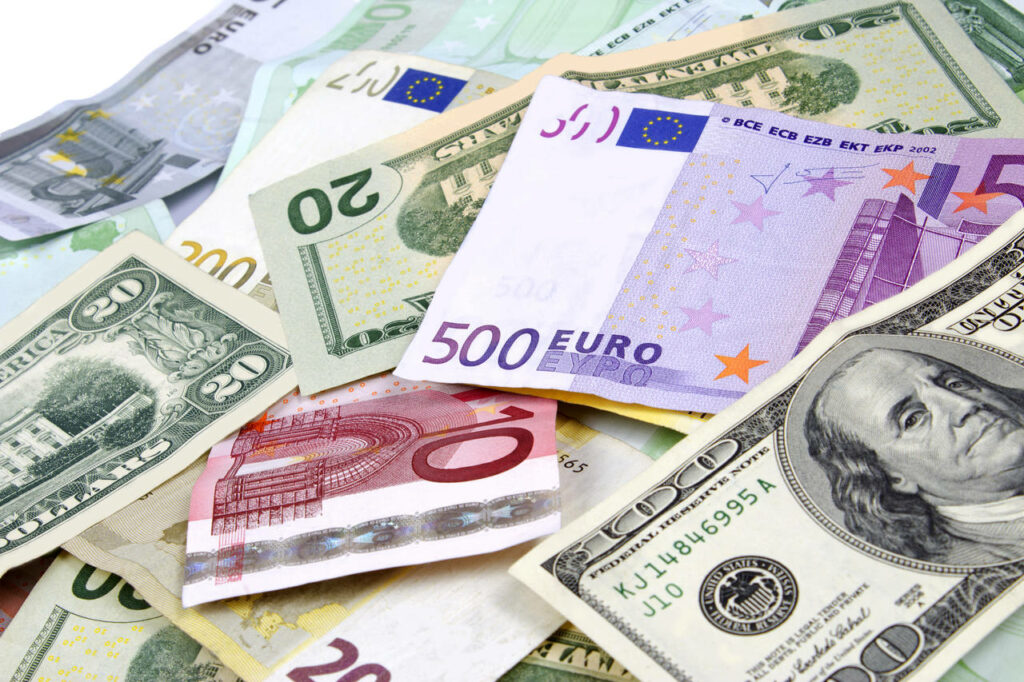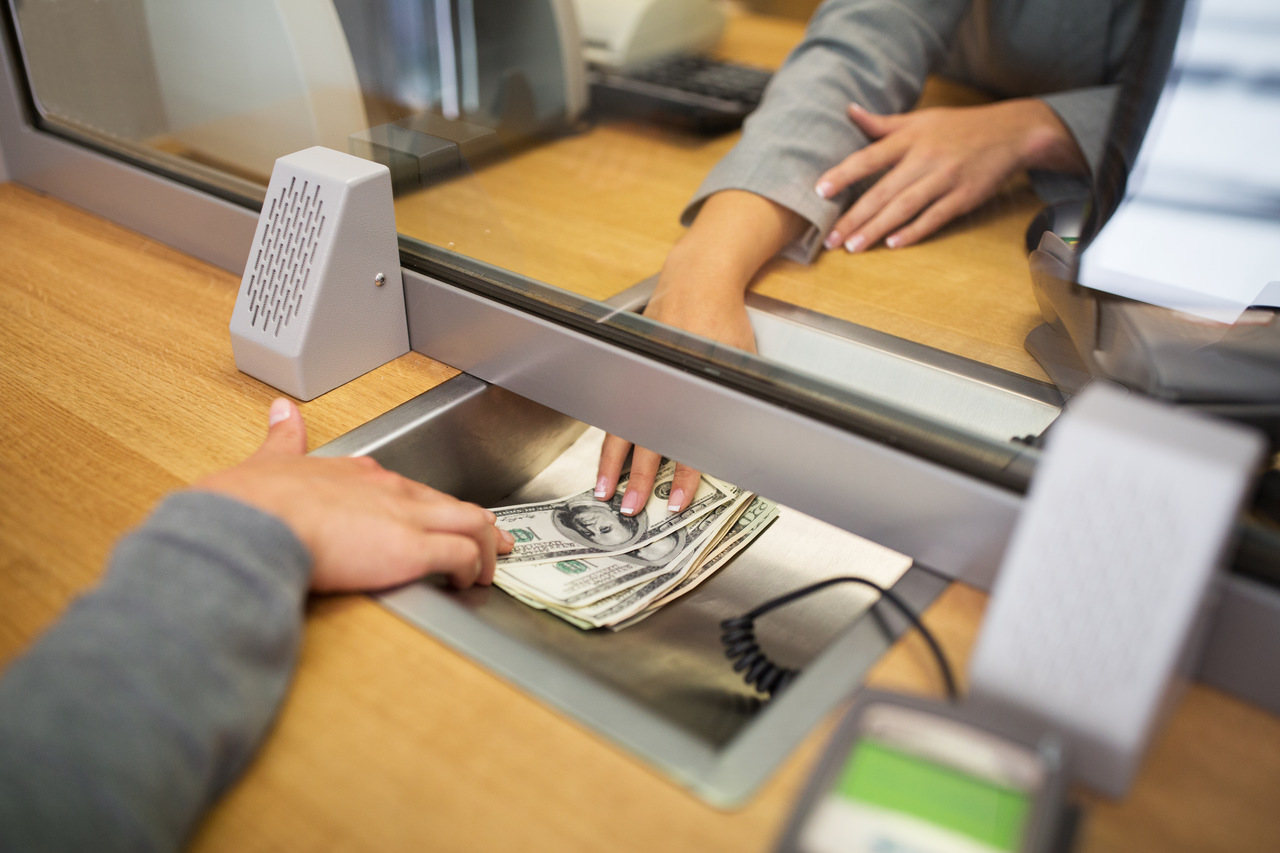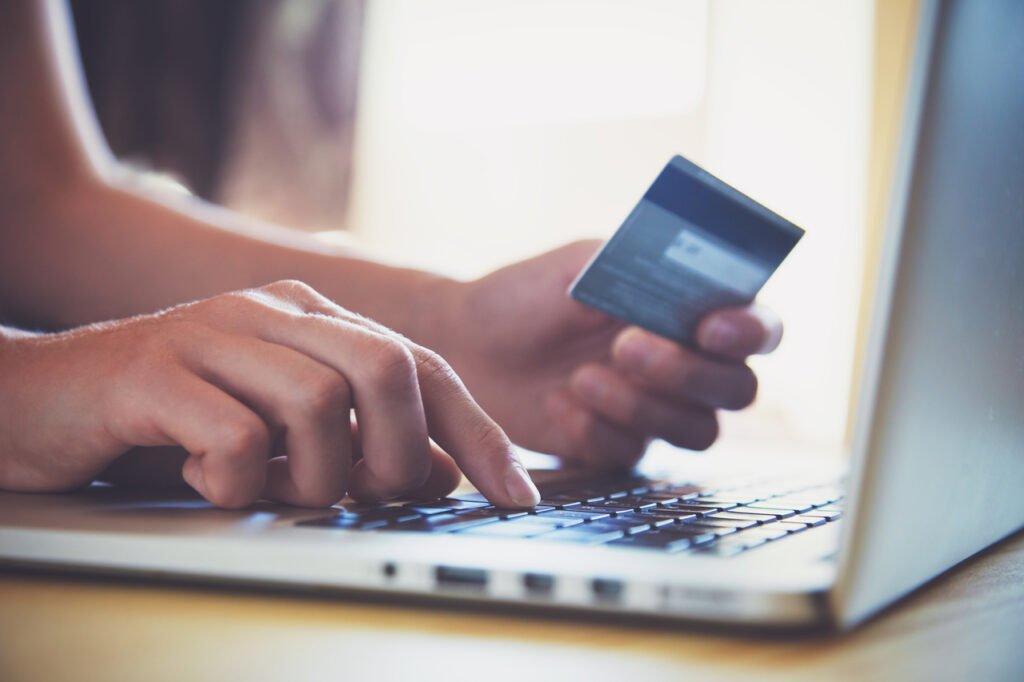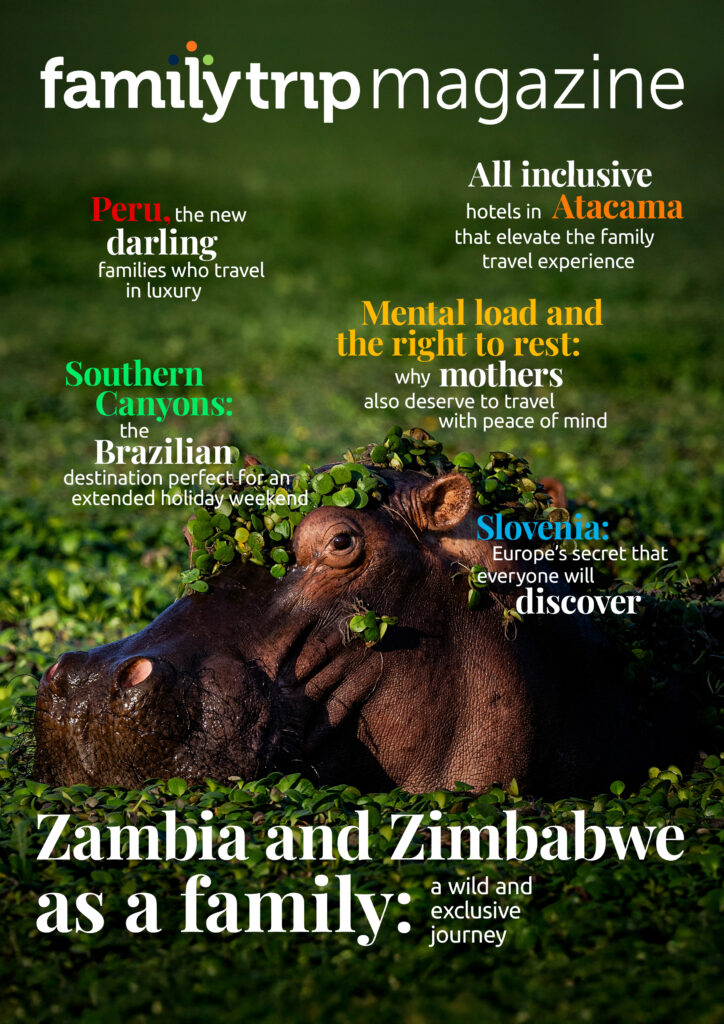
The ABCs of Foreign Exchange and the market news that make travel easier
Discover the new cards and accounts that make exchanging foreign currencies easier and cheaper during international trips
By Ana Gelis
It is common to have doubts about how to exchange currencies when planning a trip abroad. To make a favorable transaction for your wallet, it is important to understand how the exchange of national currencies for foreign ones works. This is especially important when we think about cash, which is essential to pay for small expenses in the destination country, such as subway tickets, food, transportation, among others.
To avoid doubts when organizing your trip, it is important to understand what currency exchange is, how it works, and where to make the exchange.


What is exchange rate?
Before discussing how to exchange currencies, it is important to explain the concept of currency exchange. It is the name given to transactions involving the purchase, sale, and exchange of foreign currencies, in both commercial and tourism contexts.
In other words, since each country has its own currency (in the case of Brazil, it is the Real, in the United States, it is the Dollar, and so on), it is important to exchange currency when traveling to an international destination.
This exchange is called currency exchange and is regulated and supervised by the National Monetary Council (CMN) and the Central Bank (BC). The most common operations are:
Foreign exchange for tourism
It happens when we travel abroad and buy the currency of that destination. Besides cash, it’s possible to acquire it in other ways, such as cards. Remember to make sure that the institution you’re buying from is authorized by the Central Bank.
Exchange rate
The exchange rate is nothing more than the price of foreign currency compared to the domestic currency. In other words, how much the Brazilian real is worth in relation to the US dollar, for example.
There are several types of exchange rates, but the most popular ones are:
Fixed exchange rate: it is an economic policy instrument that fixes the exchange rate. Usually, a foreign currency is used, which is often the US dollar. That is, the rates are frozen. Thus, the currency remains with the same value for a certain period of time.
Floating exchange rate: it is a currency regime in which the value of currencies moves according to market supply and demand. Thus, the currency exchange rates vary up or down frequently.
Some factors that influence it are:
- Import and export rates;
- Monetary policies;
- Internal and external interest rates.
In other words, in a floating exchange rate, the currency becomes worth what buyers (foreign countries) are willing to pay.


How to exchange national currency for foreign currency?
In general, there are three ways to exchange currencies: with cash, debit cards, or bank transfers (only for amounts above R$10,000).
Regardless of the intermediary, it is important to remember that a service fee will be charged. In Brazil, the exchange rate is floating, so it is necessary to set aside extra money and monitor the best day to exchange currency.
The intermediaries for exchanging currency are:
Airports
We can find foreign exchange desks inside airports. In addition to exchanging currency, they allow you to sell back the currency you did not use during your trip. However, when conducting these transactions at the airport, you pay higher fees and may lose a considerable amount in the transaction.
Agencies
Agencies usually have the main foreign currencies available for exchange. However, it is interesting to contact them in advance to reserve cash.
Banks
Currency exchange in agencies and banks happens in a very similar way. Interestingly, during the pandemic, when travel decreased drastically, a new class of cards emerged – international debit cards from international accounts.
Some banks with this modality are digital banks BS2 GO, C6 Conta Global, Inter, Nomad, and Wise. This novelty is advantageous for travelers because the cards offer:
- IOF equal to cash (1.1%);
- Low spread: 2%;
- Facilitated online shopping;
- No need to go to exchange houses;
- Possibility of saving for travel.
That is, you deposit a certain amount in Brazilian Real (R$) into your account, and it is converted into the currency of the country you need. Then, you can use the card as a debit card at your destination. This brings more convenience for you to organize your trip because you can plan and buy foreign currency whenever it is low. And, when the trip arrives, you don’t have to worry about carrying and exchanging money: you will pay for your expenses with your card, as if you were a local.
On the other hand, like all other exchange options, international cards have positive and negative points that vary according to the chosen institution. Therefore, it is interesting to carefully read the contract to choose the company that provides the greatest advantages for you and your family.
Services
Things the Way Family love to pack in their suitcase:
Gate
Eletronics for the travel: smartphone, drone, câmera, charger,…
Destiny
UV clothes, bikinis, caps, diving goggles, snorkel mask and other accessories…

















